Two Visions of Abolition and Emancipation: An OAH “State of the Field” Roundtable
Today we continue our series of reports on the recent Organization of American Historians annual meeting with a concise summation of a lively discussion on abolition and emancipation, recorded by Evan Turiano. Our first report from the 2018 meeting can be found here and the final report on the Confederate monuments ...
Read More
Read More
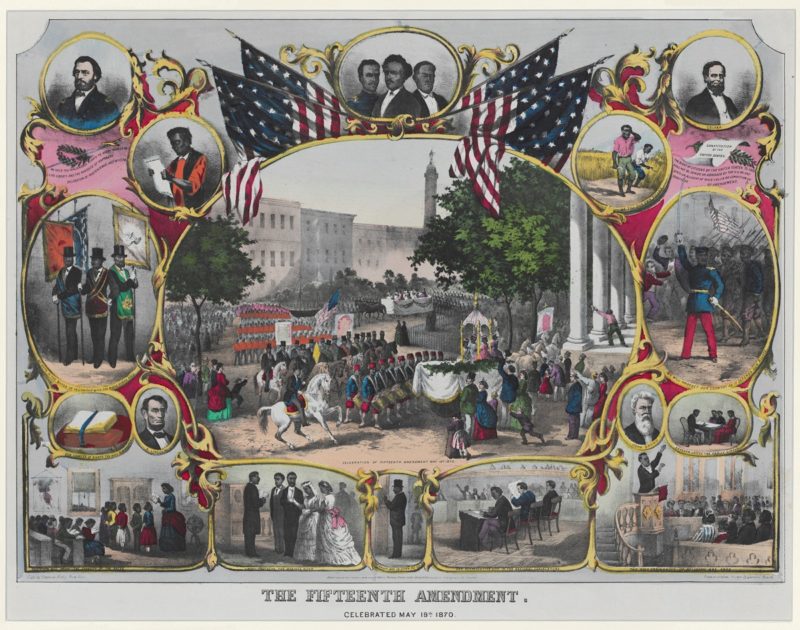
Beyond Add Women and Stir: Ideas for Teaching about Women, Gender, and Reconstruction
For most folks teaching the U.S. survey, just getting to Reconstruction can feel like an accomplishment. The convention of dividing U.S. history surveys at the Civil War often means the postwar period ends up wedged into the last distracted days of the term. Calls to integrate women more fully into ...
Read More
Read More
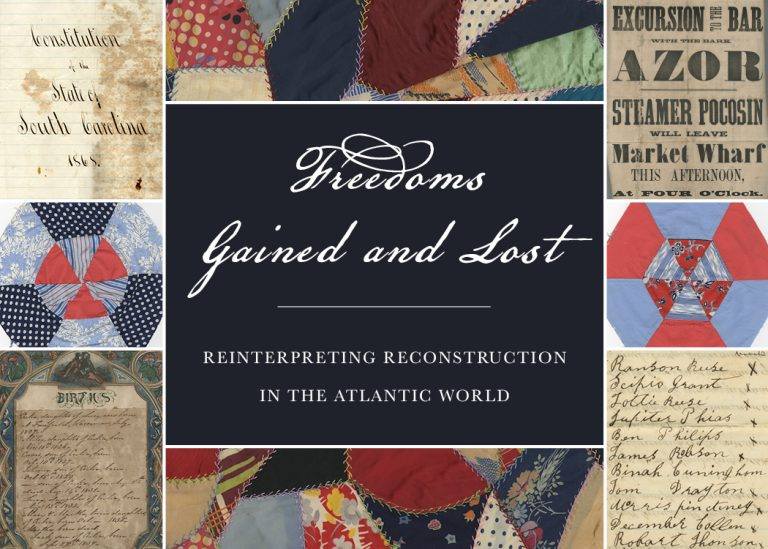
CLAW 2018 Conference: A Preview of “Freedoms Gained and Lost”
Reconstruction Era scholars are about to converge on Charleston, South Carolina. In honor of the 150th anniversary of South Carolina’s 1868 Constitutional Convention, scholars, public history practitioners, civic leaders, cultural heritage organizations, and other interested individuals will convene at the College of Charleston for the 2018 Carolina Lowcountry and Atlantic World ...
Read More
Read More
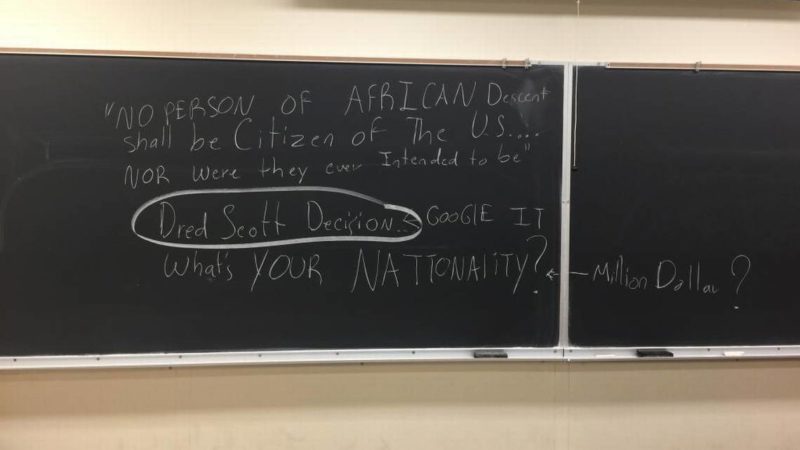
Race, Citizenship, and a Search for Intellectual Honesty
Perhaps I’ve been wrong about African American citizenship. The anniversary year of the Fourteenth Amendment’s ratification is upon us. 2018 marks 150 years since birthright citizenship was constitutionalized. I’ve told this story many times, even recounting it in an article for the Journal of the Civil War Era.[1] The Fourteenth Amendment ...
Read More
Read More
Reconstruction Scholars’ Public Engagement: Why It Matters
The recent Alabama senatorial race raised the specter of historians’ role in public debates. After suggesting antebellum slavery as a period of American’s greatness, one candidate dismissed the Reconstruction-era amendments and other amendments designed to create “a more perfect union” (except for the Bill of Rights).[1] Post-election demographic analyses revealed ...
Read More
Read More
The Long Struggle of African American Placemaking
Continuing our roundtable on We We Eight Years in Power, today we share a post by Kelly Houston Jones, an assistant professor of history at Austin Peay State University. Her research focuses on slavery, agriculture, and the environment in the trans-Mississippi South. Previous installments of the roundtable are available here ...
Read More
Read More
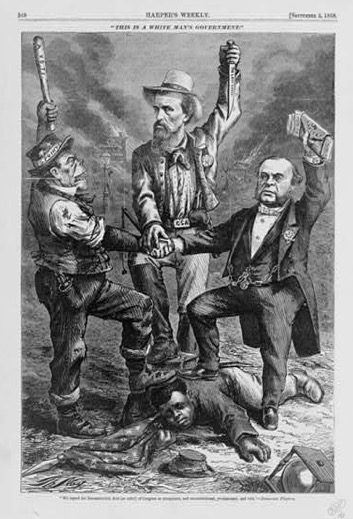
Reconstruction, Power, and the Personal
This is the first post in our roundtable on We Were Eight Years in Power by Ta-Nehisi Coates. Today’s post comes from Brandon R. Byrd, an assistant professor at Vanderbilt University who specializes in the intellectual history of the nineteenth- and twentieth-century United States, looking specifically at African American history and the ...
Read More
Read More
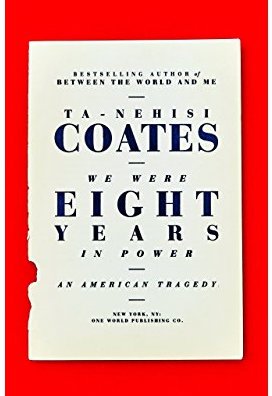
We Were Eight Years in Power: Introduction to a Muster Roundtable
This week we are running a roundtable about Ta-Nehisi Coates's new book, We Were Eight Years in Power. Our guest editor for the series, Greg Downs, offers his introduction here. Please follow along this week to hear from historians about how Coates's work relates to our study of the Civil War ...
Read More
Read More
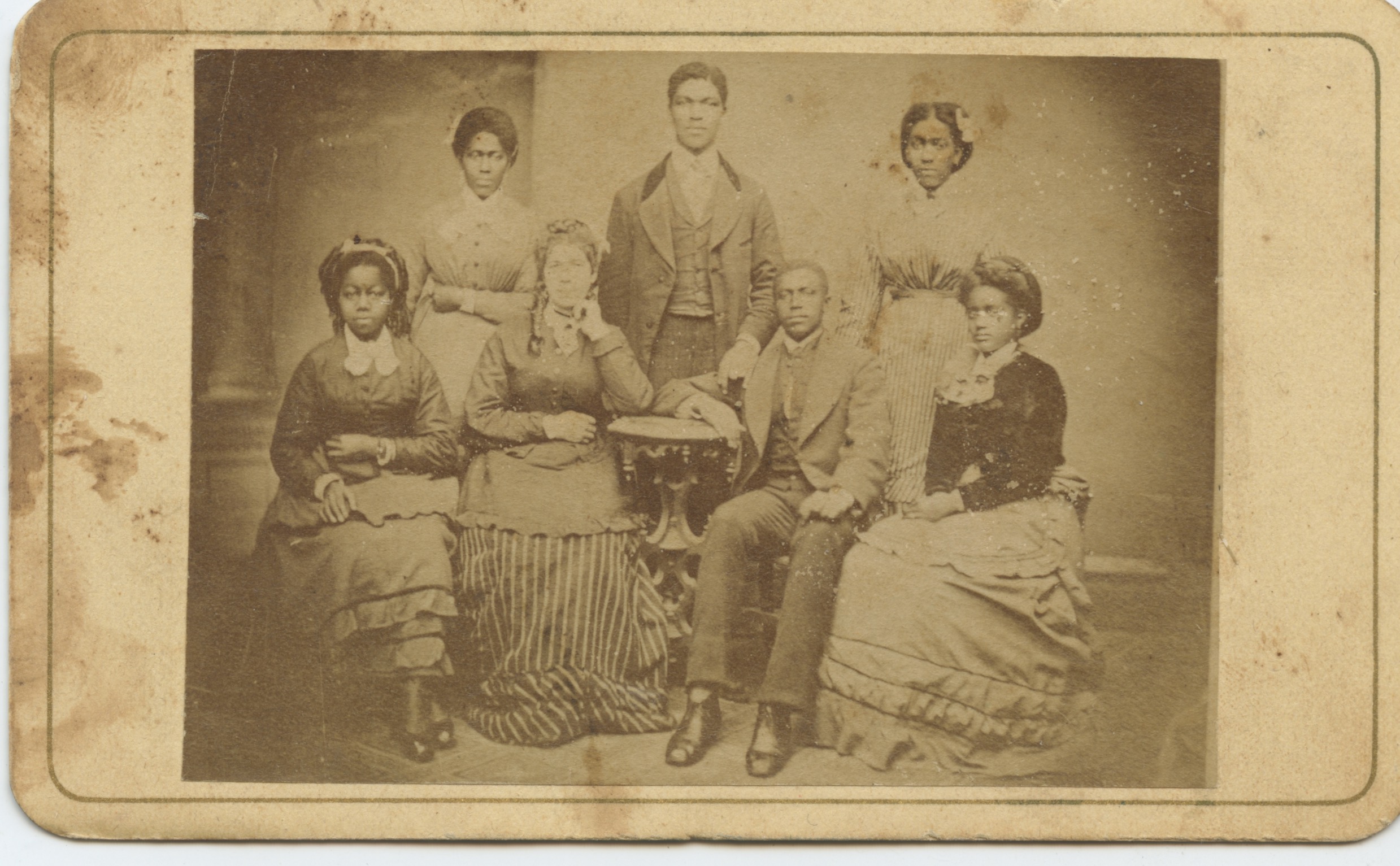
Teaching Reconstruction: Some Strategies That Work
This week we share our first Field Dispatch from Dr. Hilary Green, an assistant professor at the University of Alabama. Her research and teaching interests include the intersections of race, class, and gender in African American history, the American Civil War, Reconstruction, as well as Civil War memory, African American education, ...
Read More
Read More
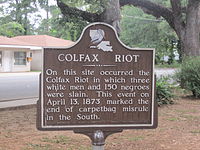
Public Iconography, Museum Education, and Reconstruction Era History
Today, correspondent Nick Sacco shares his first Field Dispatch. Nick is a public historian working for the National Park Service as a Park Guide at the Ulysses S. Grant National Historic Site in St. Louis, Missouri. He holds a master's degree in history with a concentration in public history from ...
Read More
Read More
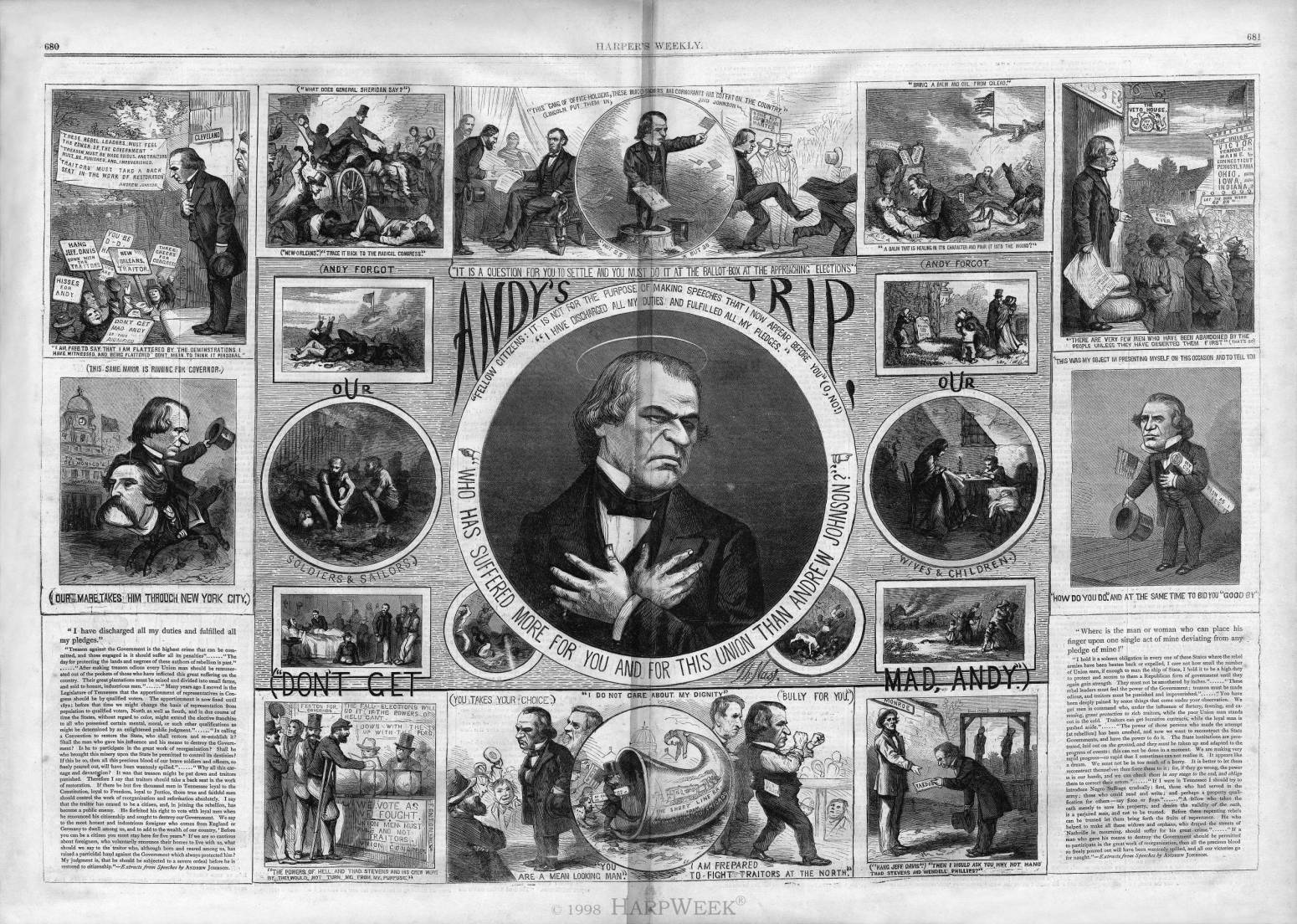
By the Standard of Andrew Johnson’s Impeachment, Trump’s Would Be a No-Brainer
A President came to office under a cloud, to help govern a badly divided nation. But he squabbled with his own party, which controlled both houses in Congress, and abused the pardon power in ways that emboldened white supremacists and vigilante terrorists operating outside the law. To avoid accountability for ...
Read More
Read More
Violence After Victory: Reconstruction Scholarship at the OAH
The streets, sidewalks, and facades of New Orleans’ famous Canal Street repeatedly bore witness to terrible outbursts of violence throughout the Reconstruction Era, as ex-Confederates tried to overturn the egalitarian reforms of Reconstruction through bloodshed and intimidation. Several of the most important massacres and street battles in the history of ...
Read More
Read More
Author Interview: Nancy Bercaw
To coincide with our March 2017 special issue on Reconstruction, we interviewed Nancy Bercaw, curator of the Slavery and Freedom exhibit at the Smithsonian Museum of African American History and Culture. Dr. Bercaw contributed to our roundtable discussion on how Reconstruction is represented in public history contexts. In this interview ...
Read More
Read More
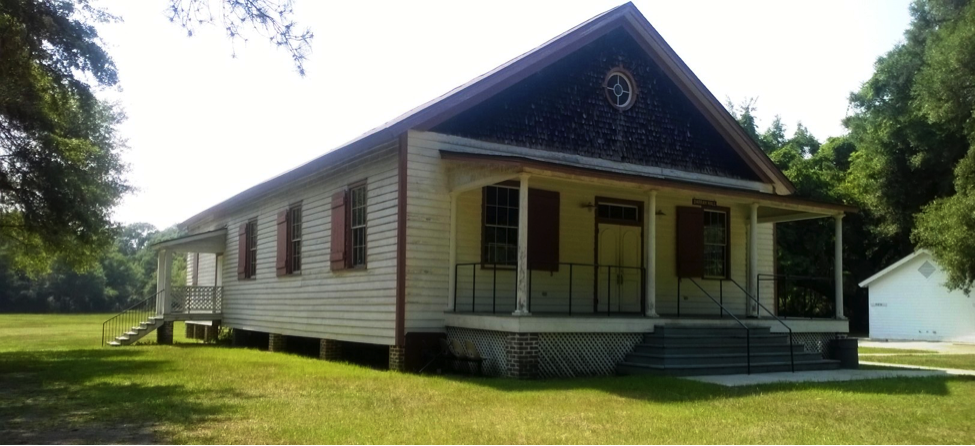
Postscript to “Reconstructing Memory”
The March 2017 issue of The Journal of the Civil War Era includes the article “Reconstructing Memory: The Attempt to Designate Beaufort, South Carolina the National Park’s First Reconstruction Unit.” It addresses a vigorous effort at the national and local level that began in December of 2000 and aimed to ...
Read More
Read More
Editors’ Note: March 2017 Issue
We are very pleased to announce the publication of our March 2017 special issue. Copies will be in your mailboxes soon, but to tide you over until then, here is the editors' note from our guest editors, Kate Masur and Greg Downs. One hundred and fifty years since Reconstruction, we believe ...
Read More
Read More
First National Monument to Reconstruction Will Become a Reality
On January 12, 2017, President Obama signed an executive order designating five sites near Beaufort, South Carolina, as a National Parks Service monument. This will be the first NPS site to commemorate Reconstruction, and it comes after many years of work. Throughout his presidency, Obama has supported the creation of ...
Read More
Read More
